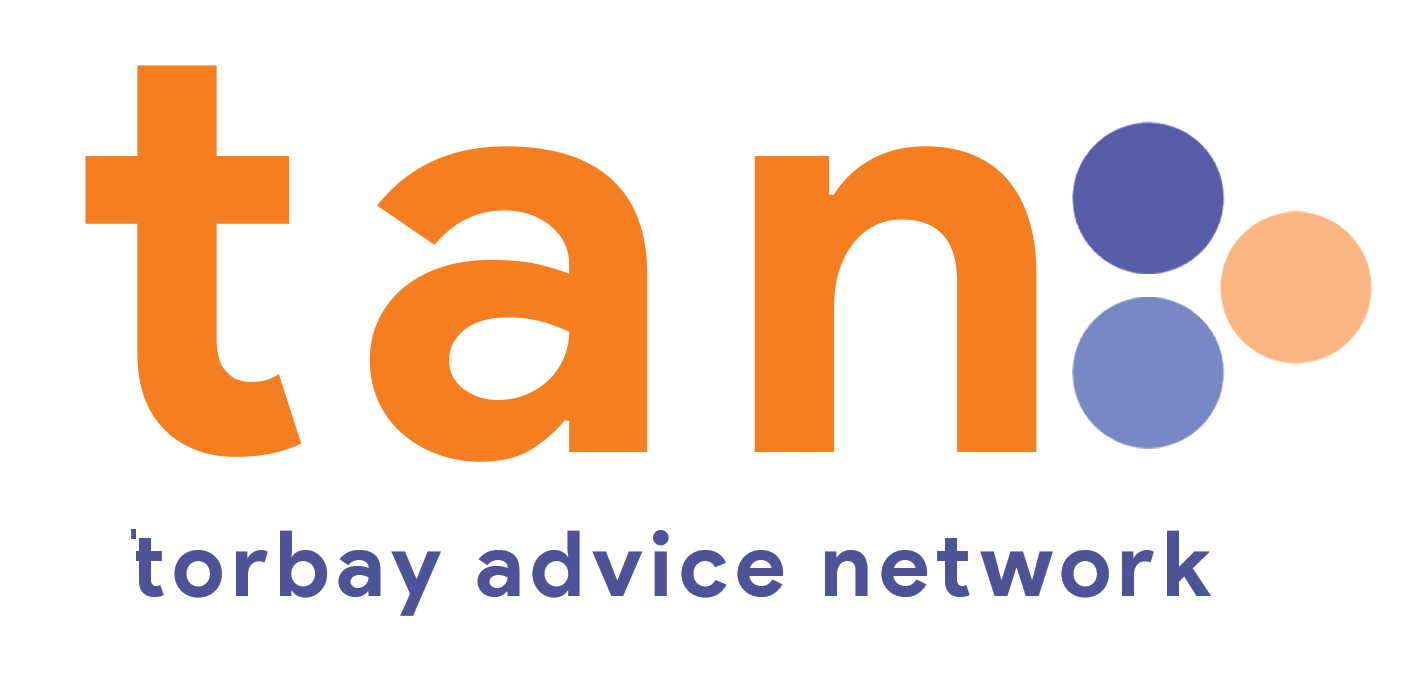New nationally representative polling of people aged 66+ across the UK1 – conducted by Opinium in January 2025 – indicates that many pensioners are struggling with the cost of living, particularly with their energy costs/warming their home.
This briefing provides statistics and forecasts for household debt, guidance on how to interpret debt statistics and analysis on how debt effects the economy.
The UK government has committed to publishing a UK-wide child poverty strategy later this year. To help inform the government’s work, CPAG with support from Save the Children UK, and funding from Impact on Urban Health, has set out how to deliver an effective child poverty strategy.
4.3 million children are now paying the price of poverty in the UK. Without sustained policy action, a further 400,000 children will be pulled into poverty by the end of the decade.
This report was designed to shed light on the experiences of people living in financial hardship, through analysis of discussions in specific online support spaces. It is the final installment of a series of four waves, which have provided a regular ‘dip in’ to the online conversation, to pick up salient and emerging insights on poverty and inequality over the
course of 2024.
New analysis from Learning and Work Institute for the Commission for Healthier Working Lives shows that the number of people economically inactive due to ill health has risen across all UK nations and regions. But a closer look at variations in health and job outcomes across the country reveals persistent inequalities between local areas. In 2020-22, nearly 10% of the total number of people who were economically inactive due to ill health lived in only 20 local authorities (out of 372) representing 4% of the working age population.
Research looking at neurodiversity at work from a UK perspective, focusing on good policy and practice.
Is the working-age population less healthy since the pandemic? What role is changing health playing in rising health-related benefit claims?
Growing the economy and driving up living standards across the country is this government’s number one mission in our Plan for Change. A thriving and inclusive labour market – where the benefits of good work are realised by as many people as possible – is key to achieving that goal.
The UK’s social security system is a vital safety net for people in later life. Unfortunately, many older people don’t receive this support, despite being eligible and in desperate need of it.
Our research highlights one of the reasons for this: the complexity of the social security system in the UK is preventing many older people from receiving all the money they are entitled to.



